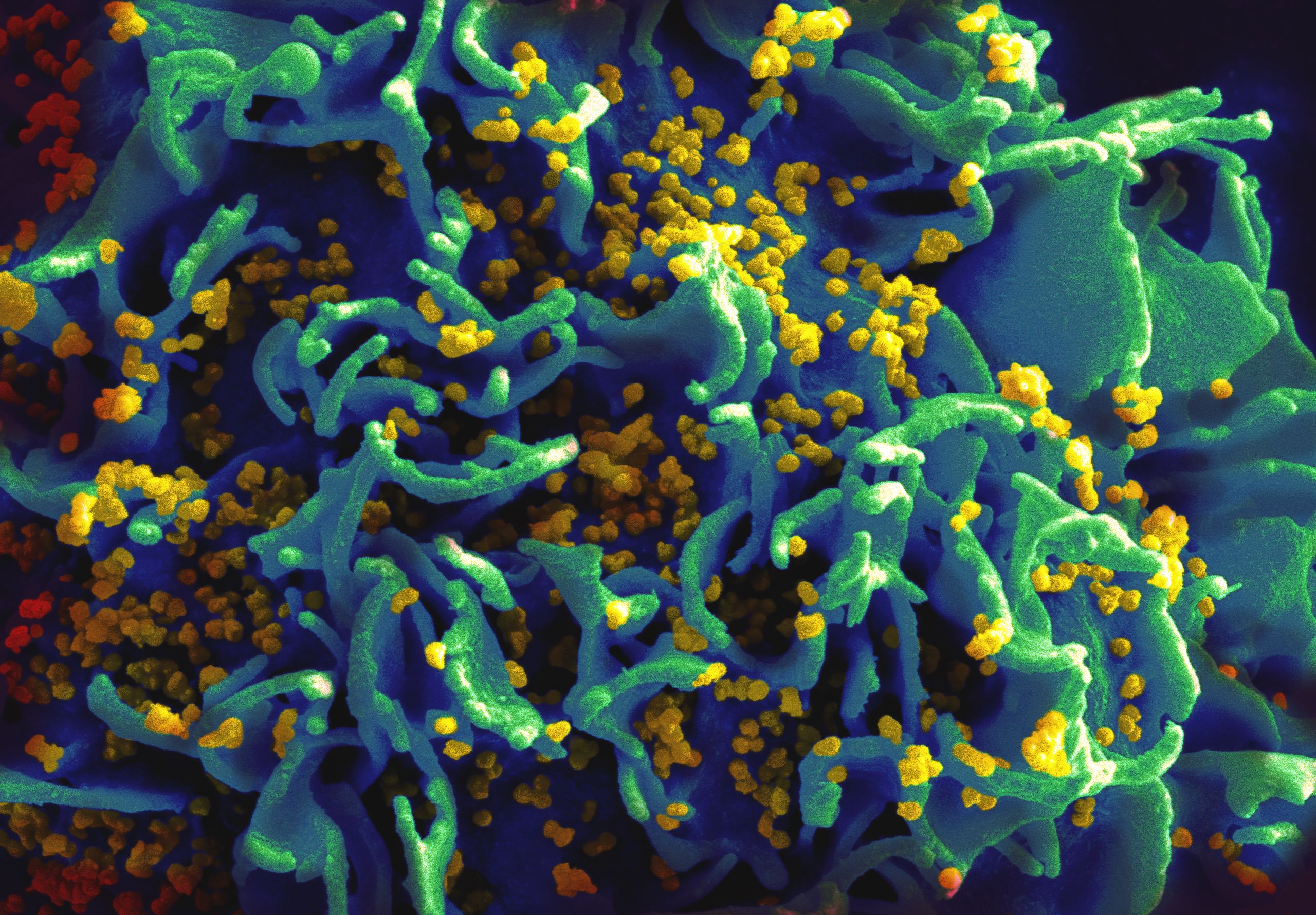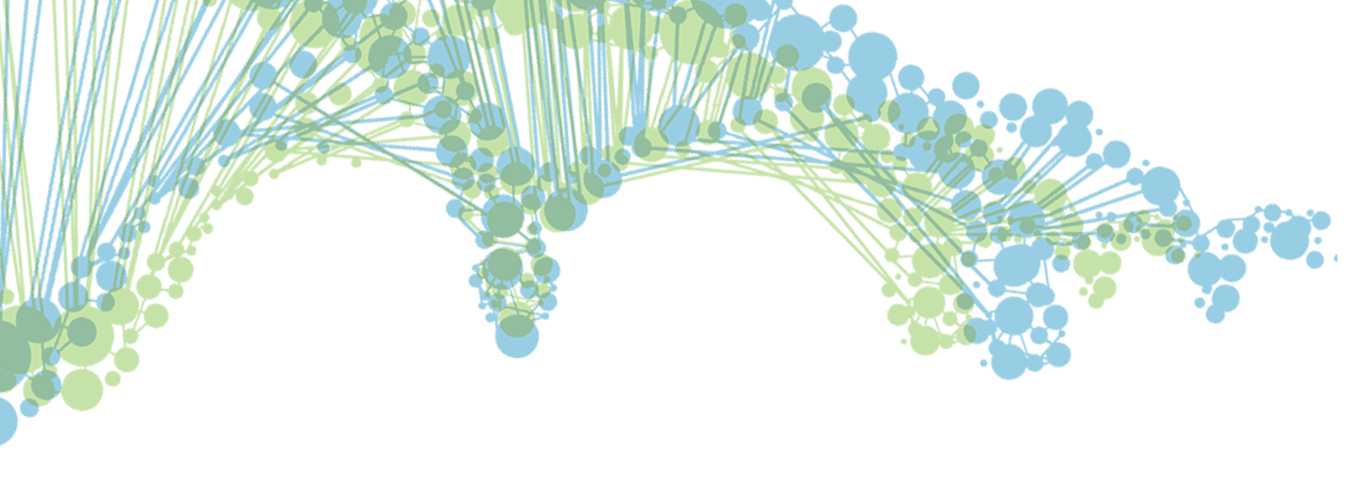
Researchers Use CRISPR to Accelerate Search for HIV Cure
IGI Affiliate Alex Marson, IGI Executive Director Jennifer Doudna and fellow researchers at the University of California, San Francisco, and the Gladstone Institutes have recently used a newly developed gene-editing system to find gene mutations that make human immune cells resistant to HIV infection. The team built a high-throughput cell-editing platform using a variant of CRISPR-Cas9 technology that allowed them to test how well scores of different genetic adjustments defended immune cells against HIV. The new system allows researchers to quickly modify the genetic code of freshly donated human immune cells and will hopefully accelerate the quest to finally cure HIV-positive patients.
A Cas9 Ribonucleoprotein Platform for Functional Genetic Studies of HIV-Host Interactions in Primary Human T Cells
Cell Reports | Judd F. Hultquist, Kathrin Schumann, Jonathan M. Woo, Lara Manganaro, Michael J. McGregor, Jennifer Doudna, Viviana Simon, Nevan J. Krogan, Alexander Marson | October 25, 2016
Despite great progress made since the 1980s in the ability to treat and control HIV with antiretroviral drugs, there is still no cure for the virus, and millions of people are newly infected every year. Once the virus infiltrates a patient’s immune system, it can hide indefinitely within cells’ own DNA, impossible to detect or destroy with current technology. As a result, patients must continue on antiretroviral drugs for the rest of their lives.
However, not everyone is susceptible to the virus. Scientists have taken inspiration from a group of individuals whose immune cells appear to be naturally resistant to HIV infection, and hope to one day edit HIV patients’ immune systems to mimic the biology of these HIV-resistant individuals.
The researchers plan to use the new platform to identify additional weaknesses in the HIV virus’s life cycle that could be exploited either by cell therapy or targeted drugs. They also want to be able to insert more subtle mutations, such as those reported in HIV-resistant individuals, which could alter cell function just enough to confer resistance but without fully deactivating the gene and impeding cell function. However, their greater hope is that the system will have much broader applications than just HIV and eventually be used in labs around the world to study the virus of their choice.
Press Release: Researchers Use CRISPR to Accelerate Search for HIV Cure: Gene-editing platform makes it easier to create HIV-resistant immune cells
UCSF News Center | Laura Kurtzman | October 25, 2016
You may also be interested in

Intensive Undergraduate Summer CRISPR Workshop

IGI Seminar Series: Progress and Challenges in Delivering Cassava with RNAi-mediated Resistance to Cassava Brown Streak Disease to Smallholder Farmers in Africa – It’s Not Just About the Technology

IGI Seminar Series: Empowering Teachers, Transforming Classrooms: Advancing K-12 STEM Education
